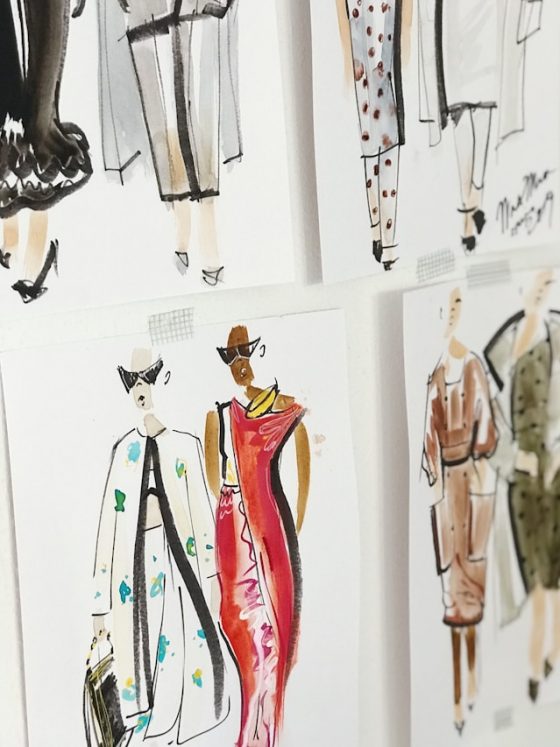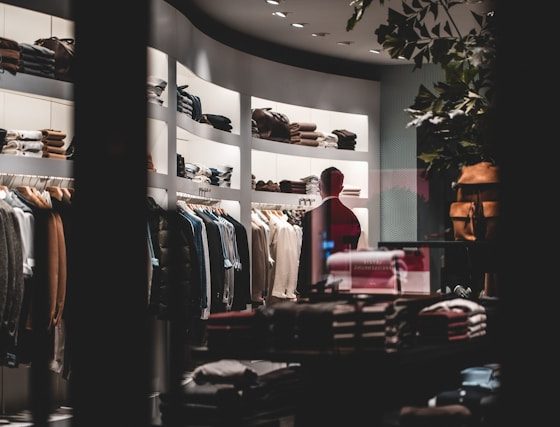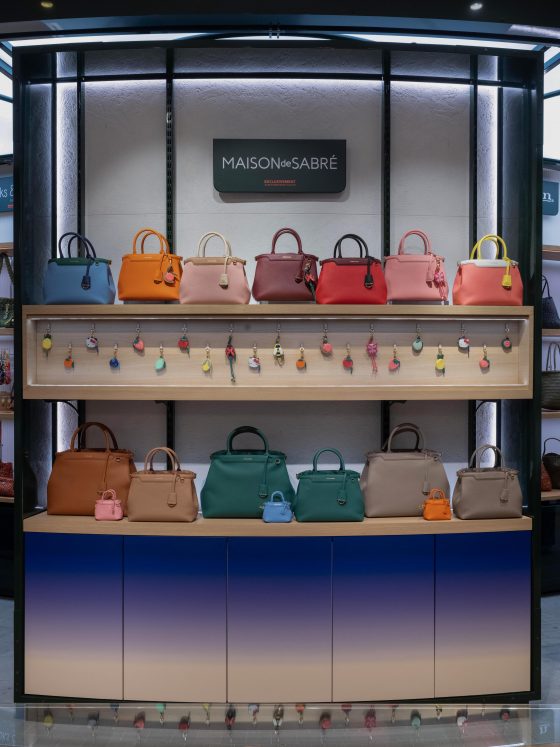The fashion industry, often celebrated for its innovation and aesthetics, conceals troubling realities linked to the origin of its raw materials.
Among these issues, greenwashing, the exploitation of Uyghurs and neo-colonial practices are of particular concern. These issues raise major ethical questions and highlight the need for greater transparency and accountability in the sector.
Slow fashion or the manufacture of committed materials
Greenwashing is an increasingly common practice where fashion brands claim to adopt sustainable practices to attract environmentally conscious consumers. However, these claims are often misleading. For example, some companies launch “eco-responsible” collections using a low percentage of recycled materials, while maintaining massive, polluting production practices. This subterfuge allows brands to improve their image without making any real changes, diverting attention from the real environmental issues and delaying the progress needed for sustainable fashion.
Fast fashion and disrespect for human rights
Another dark aspect of the industry is the exploitation of the Uyghurs, a Muslim minority in China. Investigations have revealed that hundreds of thousands of Uyghurs are forced to work in forced labor camps in the Xinjiang region, producing cotton and other textiles. This cotton is then exported and used by many international brands. Despite the overwhelming evidence, few brands are taking concrete steps to ensure that their supply chains are not tainted by this exploitation. This indifference in the face of a humanitarian crisis raises crucial ethical questions about corporate and consumer responsibility.
Finally, the exploitation of raw materials in developing countries is sadly reminiscent of colonial practices of the past. Fashion multinationals continue to source cotton, leather and other materials under conditions that perpetuate economic and social inequalities. Workers in these regions are often poorly paid, work in dangerous conditions and have few rights.
Big brands take advantage of weak local regulations to maximize their profits, to the detriment of local communities. This modern exploitation, or neo-colonialism, keeps producing countries in a situation of dependence and precariousness, underlining the need for far-reaching reform of the fashion industry to ensure fairer and more equitable practices.


























Follow us on Instagram